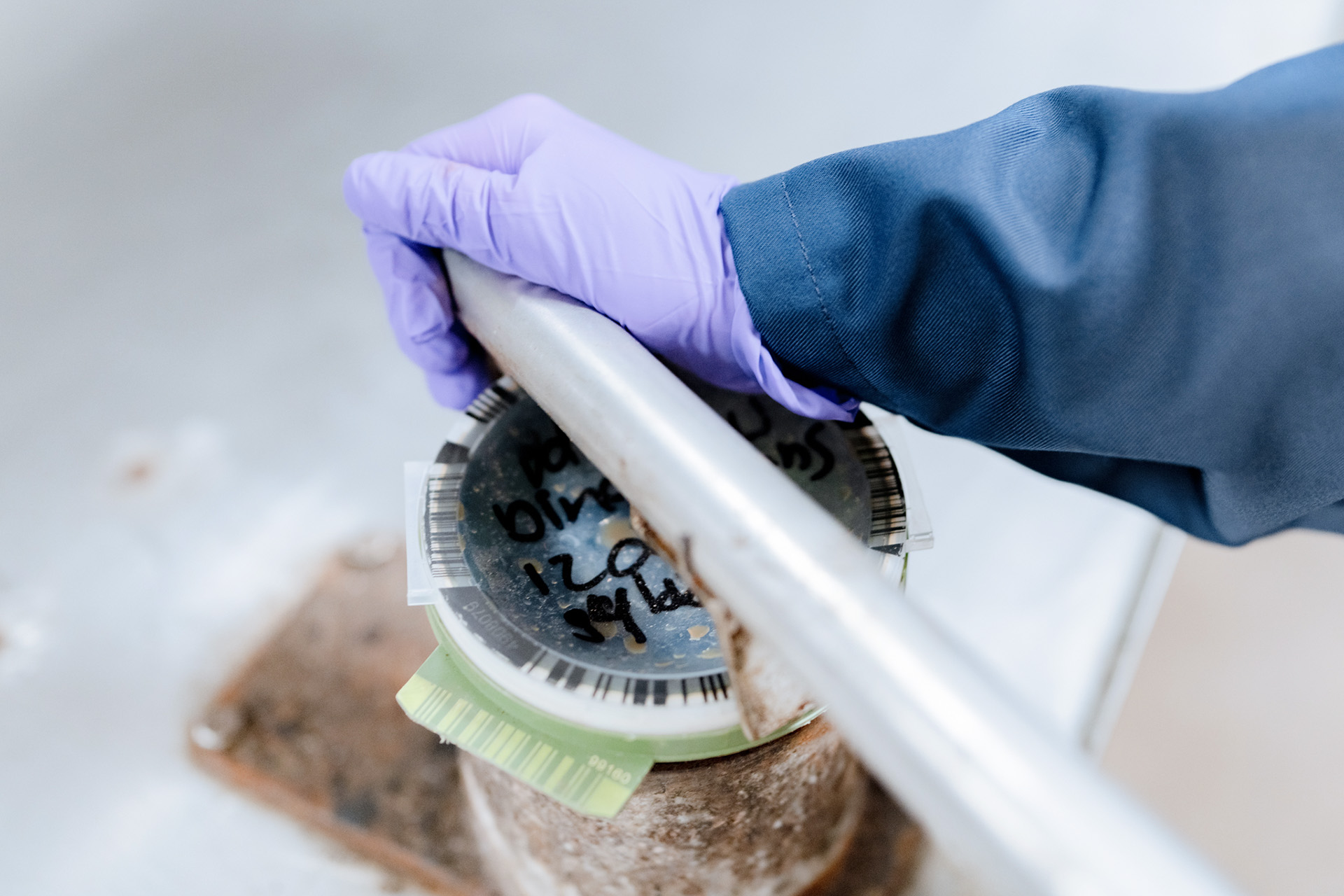Manure analysis


In order to comply with the Dutch Manure and Fertilisers Act, a manure analysis must be carried out. The key aspect of the Manure and Fertilisers Act is the regulation of usage standards. These standards specify how much phosphate (P) and nitrogen (N) is allowed to be applied annually in the form of animal manure and other types of fertiliser to land for the purpose of fertilising crops. To this end, the phosphate and nitrogen content of animal manure must be known. We provide these manure analyses in accordance with AP05, as specified in Appendix H of the Dutch Manure and Fertilisers Act.
In addition to the amount of phosphate and nitrogen in manure, we also analyse, among other things, the amount of dry matter, organic matter, ash, ammoniacal nitrogen and potassium.
Under certain conditions, the fraction of liquid manure which is released after a manure processing cycle (also known as ‘mineral concentrate’) is allowed to be used as a substitute for artificial fertiliser. This means that the amount of phosphate and nitrogen in this concentrate does not have to be counted as animal manure. In order to qualify for this, this means that the concentrate must be analysed per load by means of a manure analysis in accordance with the applicable analysis regulations.
The administrative processing of manure analyses takes place via Transport certificates for animal manure (Vervoersbewijzen Dierlijke Mest = VDMs) and registration with the Netherlands Enterprise Agency (RVO). We can take care of the administrative processing of VDMs for the transporters.
In most cases when you want to export manure, it has to be ‘hygienised’. This means that any Salmonella and E. coli present in the manure must be killed off to below the levels stipulated in the 92/118/EEC veterinary directive. We take care of the required microbiological manure analyses for you.
Manure processing – co-fermentation
In the case of co-fermentation, animal manure is fermented together with co-fermentation materials. This produces fermentation gas and a residual product, digestate. The resulting digestate may be used as animal-based fertiliser if at least 50% animal manure was used in the process of co-fermentation. Only co-fermentation materials listed in Appendix Aa of the Dutch Input List of the Manure and Fertilisers Act may be used. These materials may not contain excessive amounts of heavy metals and organic micro-pollutants. To establish this, a so-called g-substances (g-stoffen) analysis needs to be carried out. We can perform this mandatory analysis for you and provide you with a complete, clear and correct analysis report. This way, you can easily demonstrate to yourself and to the controlling authorities that the material complies with the applicable regulations.
Reliable assistance with manure analysis
Would you like help with carrying out a manure analysis? Our specialists are happy to help you. On location or remotely, we are there for you.